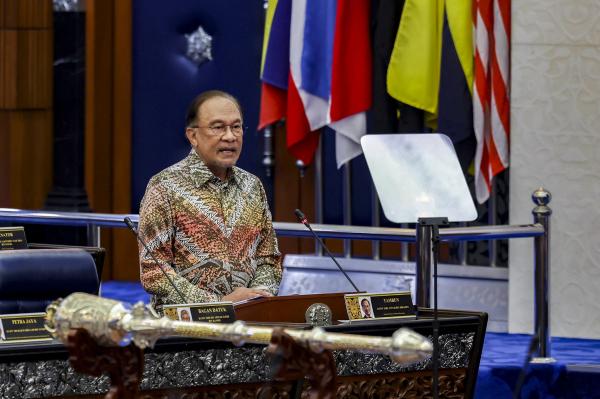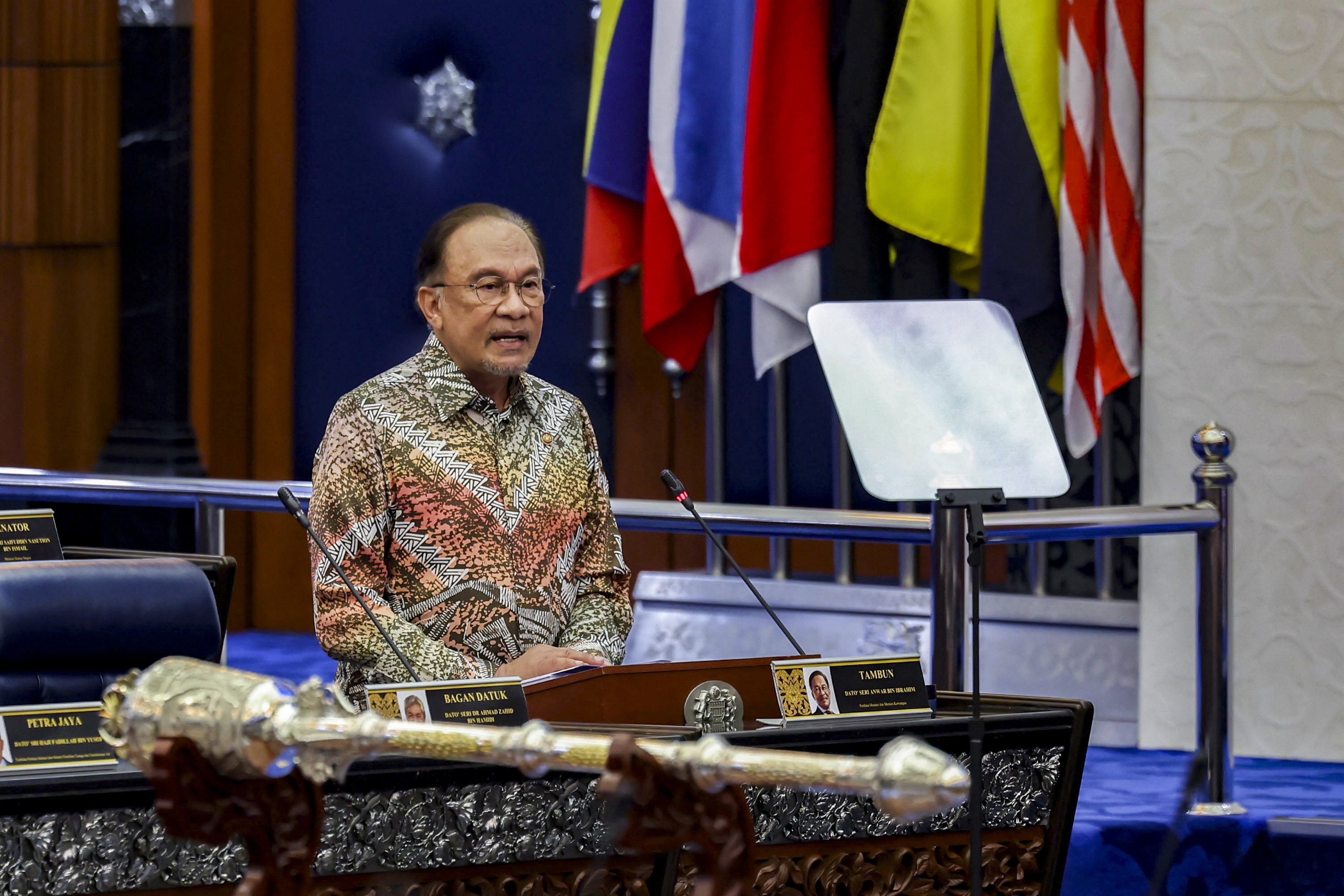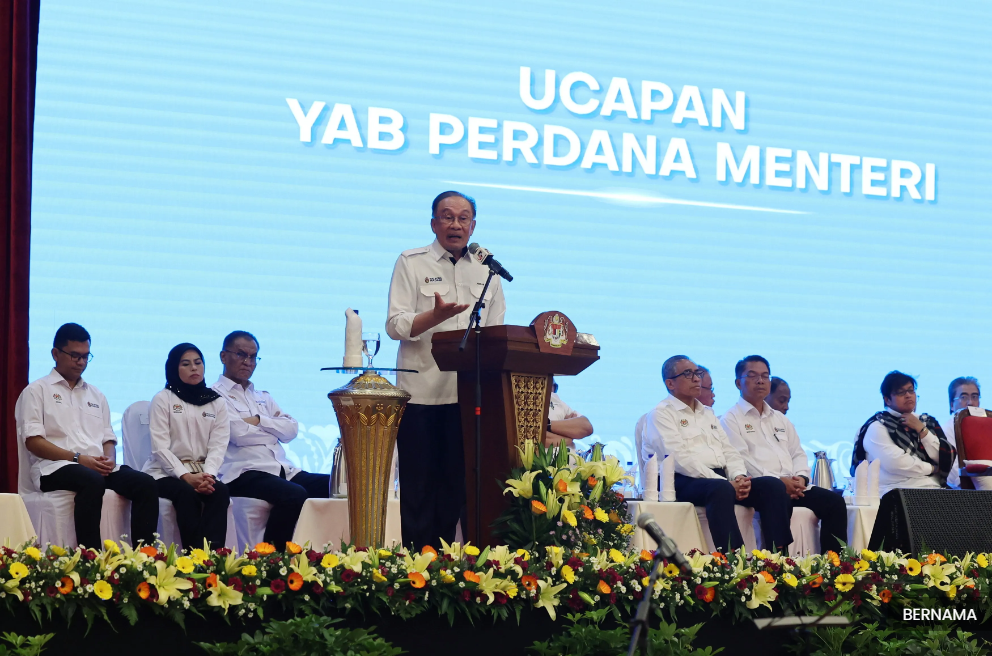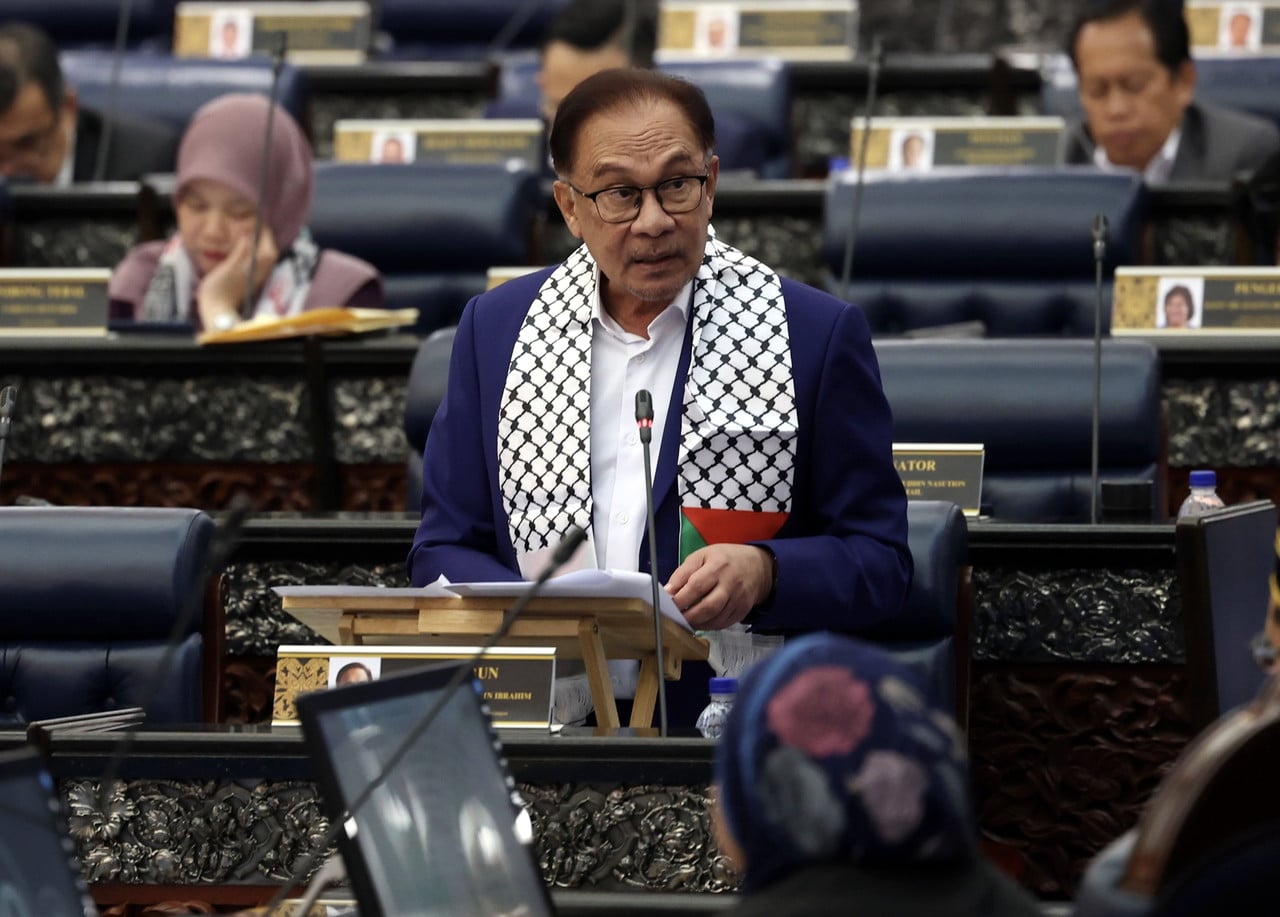KUALA LUMPUR, Nov 18 — Four bills on institutional reform, covering the Ombudsman, freedom of information (FOI), political funding, and the separation of powers between the Attorney-General and the Public Prosecutor, are currently undergoing an engagement process and are expected to be tabled in Parliament next year.
Prime Minister Datuk Seri Anwar Ibrahim said that amendments to the Whistleblower Protection Act 2010 will also be tabled, providing both protection and incentives for whistleblowers.
“The relevant ministers have submitted policy decisions for Cabinet approval regarding the Ombudsman, FOI, political funding, and the distribution of powers between the Attorney General and the Public Prosecutor.
“All four are currently under an engagement process, including with Parliament, the Bar Council, and other parties, before being finalised. Some will be tabled early next year, while others are expected mid-year,” he said during Question Time in the Dewan Rakyat today.
Anwar was replying to Sri Aman MP Datuk Seri Doris Sophia Brodi's supplementary query on the latest developments in legal institutional reform through these bills, aimed at improving Malaysia’s Corruption Perceptions Index (CPI).
Meanwhile, he said that the monitoring of the National Anti-Corruption Strategy (NACS) 2024-2028 is conducted regularly, with several proposed measures receiving particular attention.
This includes proposals for agencies that participate in anti-corruption programmes effectively and proactively to be considered for tax deductions, as well as allowances for witnesses willing to cooperate.
“So far, we have seen significant achievements. For instance, enforcement agencies have made notable progress within the broader anti-corruption framework, tackling leakages, smuggling, and cartels, resulting in RM15.5 billion being collected,” Anwar said in response to Pasir Mas MP Ahmad Fadhli Shaari's query.
He added that since NACS was launched on May 7 last year, 23 sub-strategies have been successfully implemented by 12 ministries and agencies, including the Malaysian Anti-Corruption Commission (MACC), with five sub-strategies completed in 2024 and 18 more up to this month.








